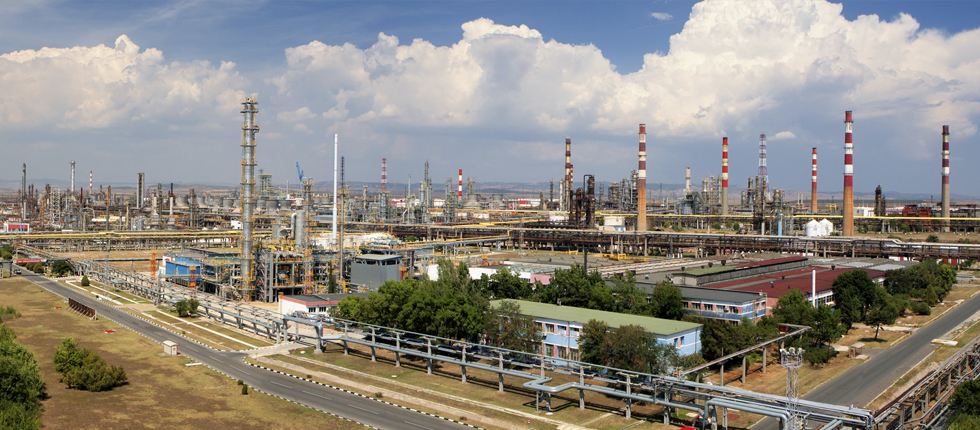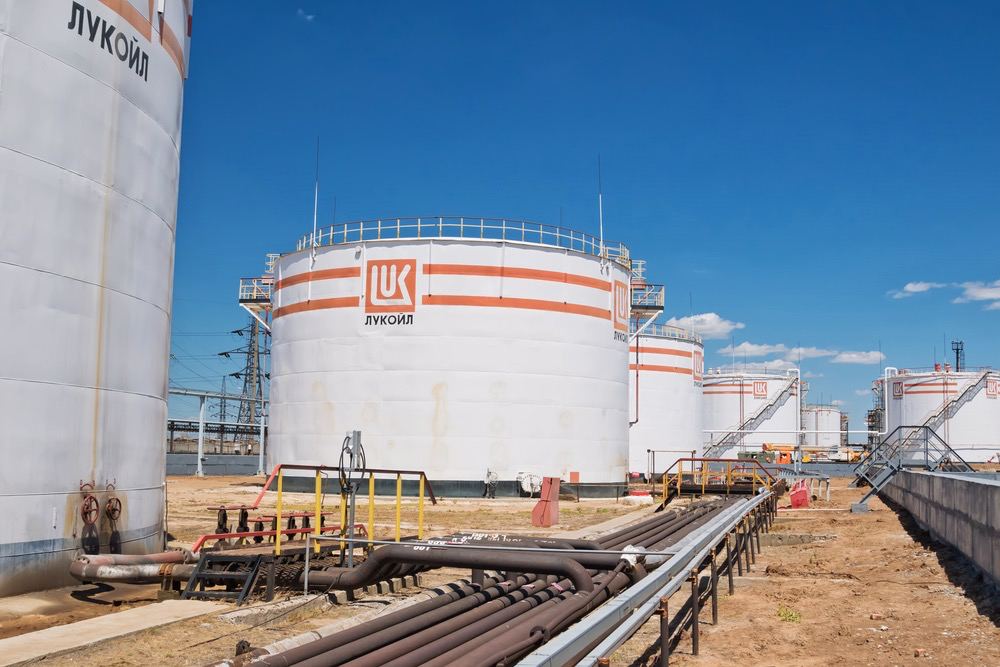
Lukoil Neftohim Burgas Oil Refinery
May 5, 2025 -- Russia’s Lukoil is actively exploring the sale of its Burgas refinery, Bulgaria’s largest and only operational oil refinery, as mounting sanctions, new Bulgarian regulations, and shifting crude oil supply dynamics reshape the country’s energy landscape. The 190,000 barrel-per-day facility, officially known as Lukoil Neftochim Burgas, has been a cornerstone of Bulgaria’s fuel supply since Lukoil acquired it in 1999. Now, the company is seeking to exit under growing economic and political pressure.
The push to sell comes after Bulgaria banned the use of Russian crude in March 2024 and imposed a 60% tax on the refinery’s profits, a rate that will only drop to 15% if the asset is sold to a non-Russian owner. The European Union’s broader sanctions against Russia over the war in Ukraine have further complicated Lukoil’s position, forcing the refinery to pivot to Kazakh, Middle Eastern, and other non-Russian oil sources. These changes have squeezed margins and made continued Russian ownership increasingly untenable.
Lukoil has confirmed it is reviewing its Bulgarian strategy with the help of international consultants and is considering various options, including a full sale of its Bulgarian business. Several potential buyers have emerged. Kazakhstan’s state oil company KazMunayGas has publicly confirmed its interest, reportedly offering around $1 billion for the refinery. The company already supplies about 40% of the crude processed at Burgas and owns significant refining assets in Romania, making the acquisition a strategic fit. Hungary’s MOL Group and a Qatari-British consortium led by Oryx Global and DL Hudson have also been reported as bidders, though Lukoil has denied that any deal is finalized.
The refinery’s strategic location on the Black Sea, with access to the Rosenets port, makes it a valuable asset for regional fuel supply and export. However, the combination of sanctions, a ban on Russian crude, and new tax burdens have weighed on its valuation and complicated negotiations. Analysts note that while the reported $1 billion price tag is below some comparable deals, the regulatory environment and need for further modernization-estimated at €500 million-are likely factors in the discounted value.
As of May 2025, the sale process is ongoing, with binding offers accepted but no final agreement announced.
#lukoil #burgas #bulgaria #molgroup #kazmunaygas #oilrefinery #russiancrude #ural











